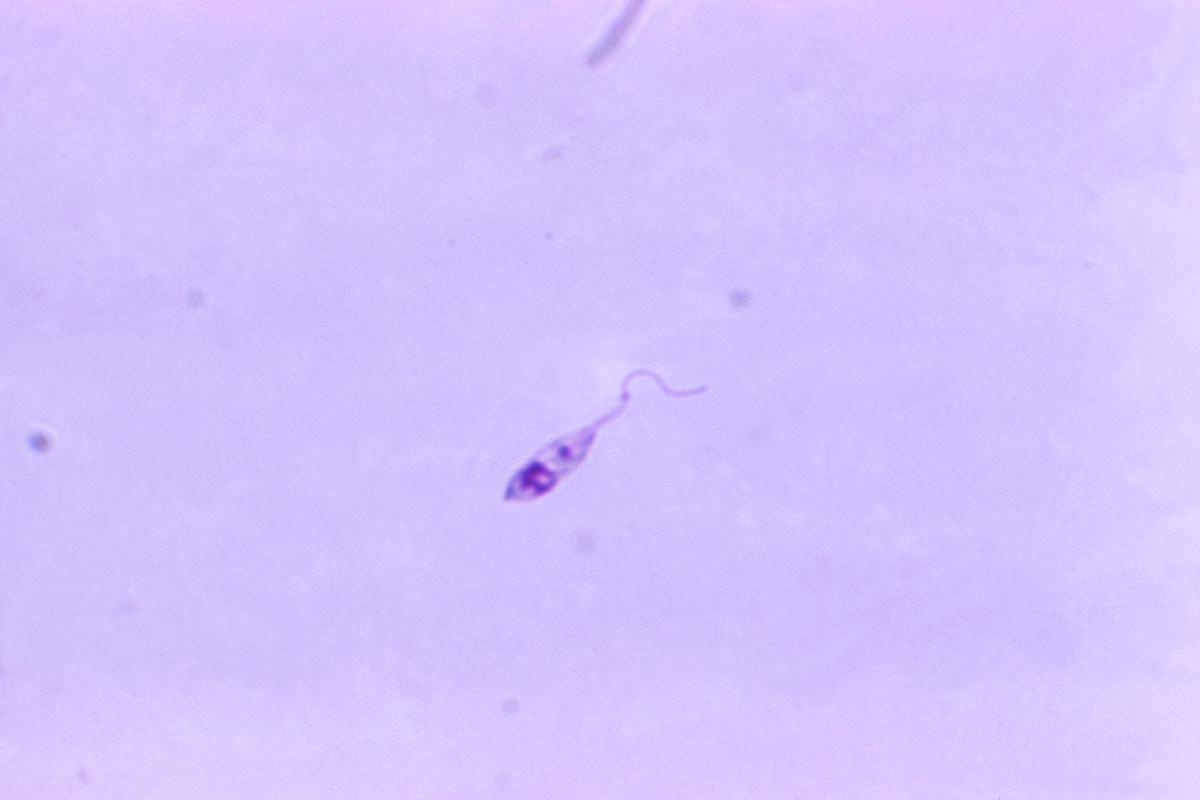Track Your Order | Free Delivery > ₹ 499

The Hidden Link: Parasites and Cancer — Fact, Fiction, and Emerging Frontiers
Abstract: Parasites and cancer – the recent studies and clinical observations have reignited interest in the potential connection between parasitic infections and the development of certain types of cancer. While only a small subset of cancers are directly attributed to parasites, emerging evidence suggests shared biological pathways that invite further exploration. This article summarizes current research, presents plausible mechanisms, addresses misconceptions, and explores the controversial role of antiparasitic drugs like ivermectin in cancer care.
1. Are All Cancers Caused by Parasites?
No. The majority of cancers are caused by a complex interaction of genetic, environmental, and lifestyle factors. Parasites contribute to only a small proportion of cancers, particularly in regions where parasitic infections are endemic. According to the World Health Organization (WHO), approximately 15–20% of cancers globally are infection-related, which includes viruses (like HPV), bacteria (like H. pylori), and a few carcinogenic parasites.
2. Which Parasites Are Known to Cause Cancer?
Some parasites are officially classified as Group 1 carcinogens by WHO due to strong causal evidence:
| Parasite | Associated Cancer Type | Common Source |
|---|---|---|
| Schistosoma haematobium | Bladder cancer | Contaminated freshwater (Africa, Middle East) |
| Opisthorchis viverrini | Cholangiocarcinoma (bile duct) | Raw/undercooked freshwater fish (SE Asia) |
| Clonorchis sinensis | Cholangiocarcinoma (bile duct) | Raw/undercooked freshwater fish (East Asia) |
Other parasites (e.g., Toxoplasma gondii, Entamoeba histolytica, Leishmania, Plasmodium falciparum) have shown indirect links through mechanisms like immune suppression, chronic inflammation, and oxidative stress.
3. How Do Parasites Cause Cancer? Mechanisms at Play
| Mechanism | Effect | Parasites Involved | Associated Cancers |
|---|---|---|---|
| Chronic Inflammation | DNA damage via persistent irritation | Schistosoma, Opisthorchis, Clonorchis | Bladder, bile duct cancers |
| Immune Suppression | Reduces detection of mutated cells | Toxoplasma, Entamoeba, Leishmania | Brain, colon, liver cancers (indirect) |
| Oxidative Stress | Free radicals damage cellular components | Plasmodium, Trypanosoma, Schistosoma mansoni | Gastric, liver cancers |
| Microbiome Disruption | Toxin overgrowth and leaky gut | Giardia, Blastocystis, Strongyloides | Colorectal, pancreatic cancers (possible) |
| Direct Carcinogenesis | Parasite directly damages DNA or host tissues | Schistosoma haematobium, Opisthorchis, Clonorchis | Bladder, bile duct cancers |
4. Ivermectin: Can a Parasite Drug Cure Cancer?
Ivermectin, a well-known antiparasitic, has shown surprising anti-cancer effects in laboratory and animal studies. It has been observed to:
- Inhibit cancer cell growth
- Induce apoptosis (programmed cell death)
- Suppress angiogenesis (blood supply to tumors)
- Enhance chemotherapy sensitivity
However, there are no large-scale human clinical trials proving that ivermectin cures cancer. The mechanisms by which ivermectin may affect cancer include modulation of mitochondrial function, WNT/β-catenin pathway inhibition, and targeting cancer stem cells — mechanisms that overlap with antiparasitic action but don’t imply that all cancers are parasitic.
5. Why the Confusion?
The idea that ivermectin (a parasite drug) works against cancer has led some to assume that cancer itself is parasitic. However, this is a logical fallacy. Many drugs (e.g., antibiotics, antifungals) have cross-utility due to shared biological targets, but this doesn’t equate to causation. The ivermectin-cancer link is promising, but needs further validation.
Conclusion: While parasitic infections are a known and preventable cause of certain cancers, most cancers are multifactorial in origin. The emerging role of antiparasitic drugs in oncology opens new doors but should be approached with scientific rigor, not sensationalism. Educating the public on both possibilities and limitations is essential for future integrative cancer care.
Frequently Asked Questions on Cancer & Parasites
Can parasites really cause cancer?
Yes, certain parasites like Schistosoma haematobium, Opisthorchis viverrini, and Clonorchis sinensis are officially classified as carcinogens. They can trigger chronic inflammation and DNA damage, leading to cancers such as bladder and bile duct cancer.
Are all cancers caused by parasites?
No. Parasites are responsible for only a small fraction of cancers. Most cancers are caused by a combination of genetic, environmental, and lifestyle factors. Infections (including parasites, viruses, and bacteria) account for about 15–20% of global cancers.
How do parasites increase cancer risk?
Parasites can create chronic inflammation, weaken immune surveillance, release oxidative stressors, or disrupt gut microbiota. These changes can damage healthy cells and increase the risk of mutations that may lead to cancer.
Is cancer a parasitic disease?
Not in the traditional sense. While some parasites can cause cancer, and cancer cells may behave like parasites (invading and hijacking the body), cancer is fundamentally a disease of the body’s own cells growing uncontrollably—not a parasitic infection.
Does ivermectin cure cancer because it’s a parasite drug?
Ivermectin has shown anti-cancer effects in lab studies by targeting pathways that cancer cells and parasites both use. However, it doesn’t prove cancer is caused by parasites, and it is not an approved cancer cure. More clinical research is needed.
References:
- WHO IARC Monographs. “Biological agents.” Volume 100 B. International Agency for Research on Cancer (2012).
- Sripa B, et al. “Liver fluke induces cholangiocarcinoma.” Semin Cancer Biol. (2016).
- Shiff CJ. “Schistosomiasis and bladder cancer.” Parasitol Today. (1992).
- Gonzalez G, et al. “Ivermectin as an anticancer agent.” Pharmacological Research, (2020).
- Makis W. “Ivermectin and Cancer: Emerging clinical observations.” (FLCCC, 2023).
- Parasites & Vectors Journal. “Toxoplasma and Brain Tumor Risk: A meta-analysis.” (2024).
- National Cancer Institute (NCI). “Infectious Agents and Cancer.” (2023).
Discover more from Dhatu
Subscribe to get the latest posts sent to your email.




